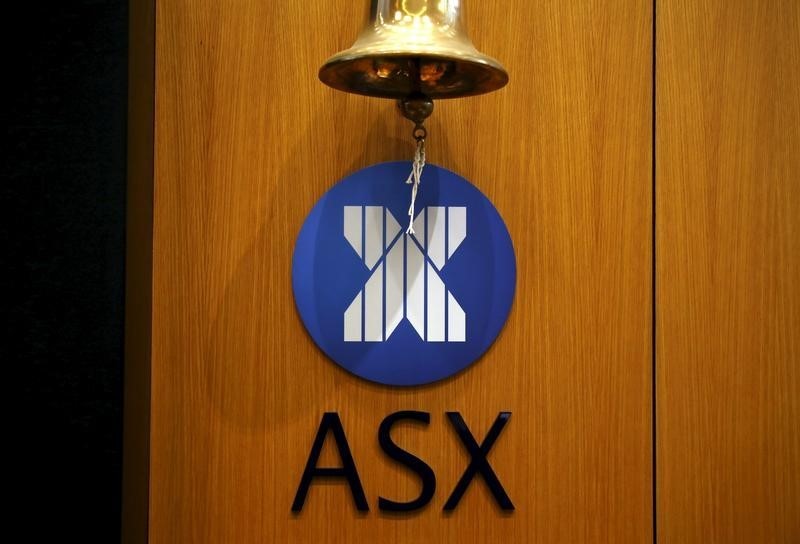Investing.com - The Australian Stock Exchange is set to open in the green on Wednesday, following a higher close on Wall Street overnight, tech megacaps outperformed.
The inflation numbers for Australia's March quarter, due for release at 11.30am, are the day's primary focus for investors. The market has already factored in the anticipation of the Reserve Bank commencing an easing cycle, but not until 2025.
US stocks are on track for their most significant consecutive two-day gain in two months, with the "Magnificent Seven" tech giants leading the rally. The FTSE 100 index in London also closed at a record high of 8,044.81 for the second consecutive day.
In the US, companies including Boeing Co (NYSE:BA), Ford Motor Company (NYSE:F), International Business Machines (NYSE:IBM) and Meta Platforms Inc (NASDAQ:META) are expected to report their quarterly results on Wednesday.
In the commodities market, gold prices recovered some losses following weaker-than-expected US business activity data, which reinforced arguments for Federal Reserve rate cuts this year. Meanwhile, oil prices climbed with West Texas Intermediate trading near $83 per barrel, showing a variation of more than $2.
The ASX 200 Futures were up by 25 points or 0.3% to 7723 as of 5.15am AEST. The Australian dollar strengthened by 0.6% to 64.87 US cents, and Bitcoin was up by 0.5% to $US66,725 at 5am AEST.
The rally in tech giants has given a boost to the broader stock market. Each member of the "Magnificent Seven" group of megacaps experienced a rise, marking a recovery from a sell-off that resulted in the market's worst week in over a year.
In Europe, stocks experienced their best day since January, with strong earnings reports from Novartis and SAP overshadowing interest rate concerns. European banks reached their highest level since 2015. Meanwhile, the Bank of England's interest-rate decision-makers appeared increasingly split over the timing of cuts in the benchmark lending rate. Chief Economist Huw Pill joined a group of hawks, expressing caution about persistent inflation.
